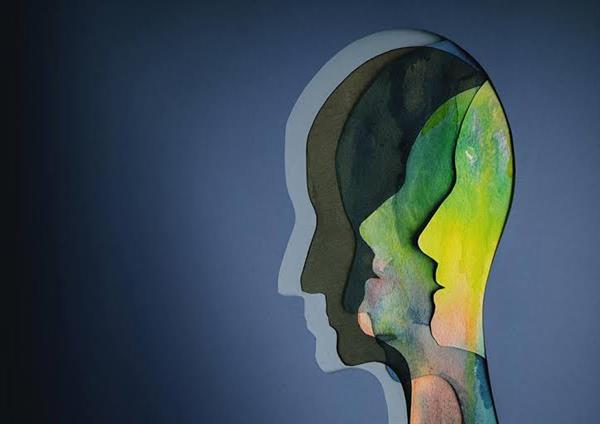Personality disorders are a group of mental health conditions that are characterized by long-standing patterns of behavior, thoughts, and emotions that deviate significantly from the cultural norms and expectations of the individual's environment. They are considered to be chronic and pervasive, and typically begin in adolescence or early adulthood, lasting throughout an individual's lifetime if left untreated. Personality disorders affect the way individuals perceive and interact with themselves, others, and the world around them, leading to significant distress and impairment in social, occupational, or other areas of functioning.

The Diagnostic and Statistical Manual of Mental Disorders, Fifth Edition (DSM-5) identifies ten personality disorders, which are grouped into three clusters based on their symptom presentation. Cluster A personality disorders include paranoid, schizoid, and schizotypal personality disorders, characterized by odd or eccentric behavior and a lack of desire for social relationships. Cluster B personality disorders include borderline, narcissistic, histrionic, and antisocial personality disorders, which are marked by dramatic, emotional, or impulsive behavior. Cluster C personality disorders include avoidant, dependent, and obsessive-compulsive personality disorders, which are characterized by anxious, fearful, or perfectionistic behavior.
Individuals with personality disorders may exhibit a range of symptoms, including difficulty regulating emotions, distorted self-image, impulsive or reckless behavior, and difficulty forming and maintaining interpersonal relationships. They may also experience symptoms of anxiety, depression, or other mental health conditions. Personality disorders may co-occur with other mental health disorders or substance use disorders, leading to additional challenges in diagnosis and treatment.
Diagnosis of personality disorders typically involves a comprehensive assessment of an individual's history, symptoms, and functioning, including a review of medical and psychiatric history, a mental status exam, and diagnostic interviews. Treatment for personality disorders may include psychotherapy, medication, or a combination of both, and may be tailored to the individual's specific symptoms and needs. Psychotherapy, particularly cognitive-behavioral therapy (CBT), is often the first-line treatment for personality disorders, with the aim of helping individuals develop more adaptive coping skills, improve their interpersonal relationships, and reduce symptoms of distress.
Overall, personality disorders are complex mental health conditions that require specialized diagnosis and treatment. Early recognition and intervention can improve outcomes and reduce the impact of these conditions on an individual's life. If you or someone you know is experiencing symptoms of a personality disorder, seeking professional help from a mental health provider is the first step in receiving effective care.